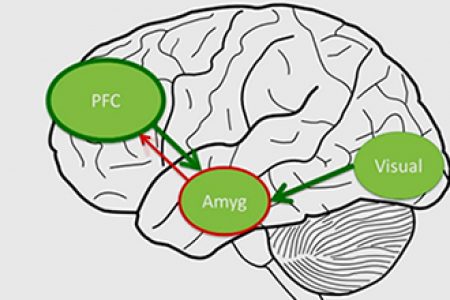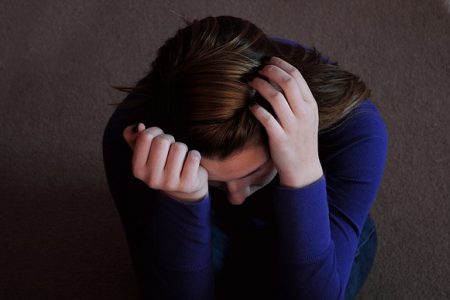Thanksgiving: who feels most grateful?
Last week was Thanksgiving – a day to reflect on things we are grateful for. People who dwell on past experiences are generally less happy in life than people who are able to detach themselves. How would ‘detachers’ and ‘dwellers’ feel after Thanksgiving?
People differ in how they respond to situations and deal with their emotions. Some people are very goal-oriented. When they experience a setback, they quickly detach themselves from it and re-focus on their goal and how to achieve it. Other people brood over their experiences more. They have a hard time letting go of setbacks. As a result, setbacks hinder them from achieving their goals and feeling good. This obviously has worrying consequences.
Dwellers and detachers in negative situations
Over the past three decades research has consistently confirmed that the ‘dwellers’ are less happy than the ‘detachers’. They are more prone to depression, anxiety and procrastination, to name a few upsetting effects/consequences. However, past research has mainly studied the regulation capabilities of these two types of people in negative situations, when things were more difficult or worse than expected. After Thanksgiving, one might wonder what are the consequences of dwelling vs. detaching in positive situations, moments when people reflect on the things they are grateful for, such as Thanksgiving.
Research on the effects in positive situations
So far, there has been no research in which feelings of gratitude after Thanksgiving were compared between dwellers and detachers. However, recently I have studied a similar underlying concept, namely how detachers and dwellers respond to positive situations (Van Putten, 2013). I measured participants’ tendency to dwell vs. detach, and how they felt after they experienced a windfall.
The feeling of happiness in positive times
Interestingly, the results showed a greater impact of the windfall on positive feelings of the dwellers (remember, those people who generally are more miserable in life) than of the detachers. Thus, detaching oneself from experiences to prevent feeling miserable in negative times, might also prevent happiness in positive times. I also found that when dwellers do have a lucky moment (e.g., they are given a great discount, or catch their plane against all odds) they feel happier and more grateful than detachers. From these findings we can infer that brooding can have bad consequences in negative situations, but also good consequences in positive situations. So, these findings show that dwelling on the past can have positive consequences, too.
The longlasting glow of Thanksgiving
Now let’s return to our initial question: who feels more grateful after Thanksgiving? It could very well be that the people who are more disturbed by their bad experiences, and who have a hard time regulating their negative emotions in times of crisis, benefit more from Thanksgiving than those who can easily detach themselves from past experiences. This would imply that at this very moment, the week after, while the detachers have already left Thanksgiving behind and are focusing on their Christmas shopping, the dwellers are silently glowing from their turkey feast and still feel themselves occasionally smiling when they remember all the things they are thankful for. And that’s a comforting thought.





